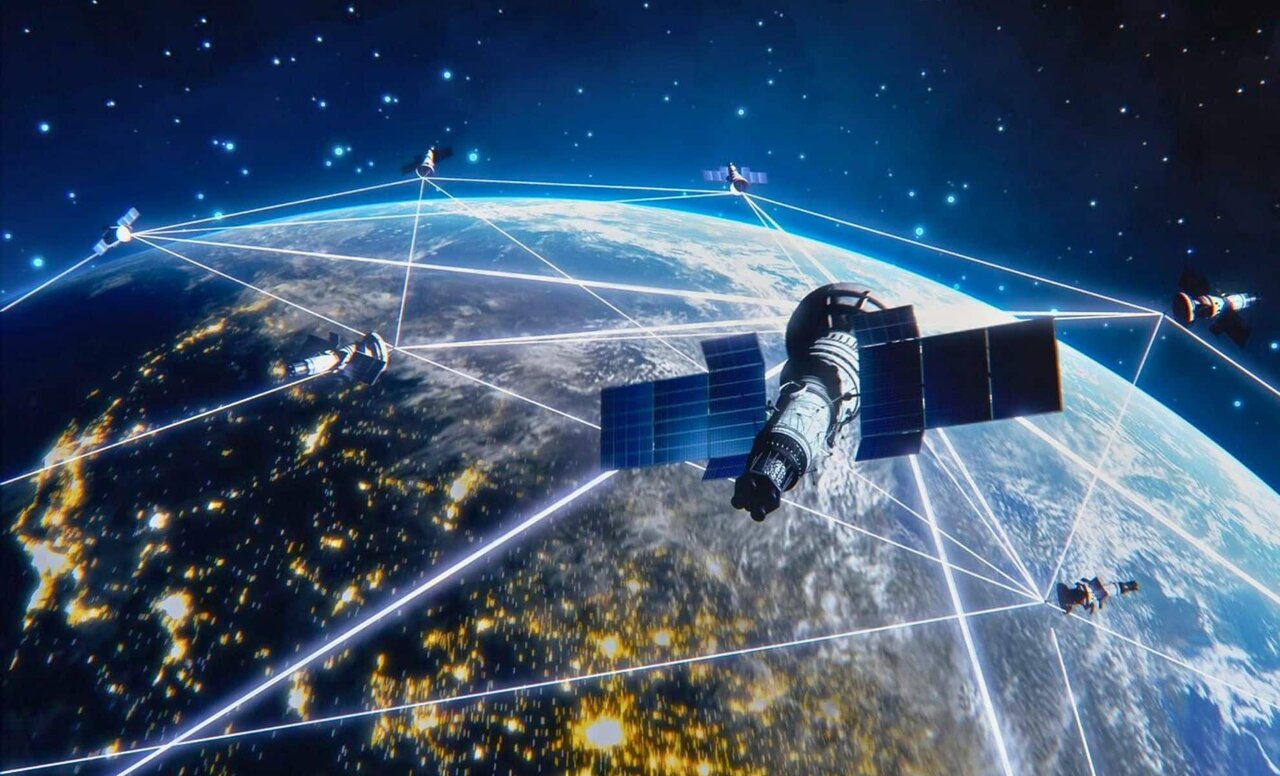What threat does Starlink’s information dish pose to Lebanon?

BEIRUT — A delegation from Elon Musk’s Starlink met with President Joseph Aoun, Minister of Telecommunications Charles Hajj (Lebanese Forces Minister), and a number of ministers to discuss granting the company a license, not as an internet distributor, but as a service provider.
Since 2009, Lebanon has been receiving internet access via two submarine cables: Cadmus and IMEWE. The latter is responsible for the primary load of internet service provision, while the former serves as a backup.
The Starlink system consists of thousands of satellites positioned in low Earth orbit, which is not provided by the traditional internet service system.
It was created to connect remote areas and war zones to the internet. For example, in the UAE, the wealthy use Starlink because they want to spend time on their yachts at sea without the internet.
Providing internet service to customers directly via satellite completely eliminates the oversight of Lebanese security agencies and will further facilitate security breaches.
Previously, Starlink system has operated illegally; for its part, the U.S. surveillance den (the embassy) in Beirut has exerted massive pressure on successive telecommunications ministries to grant Starlink such a concession (n.b. this requires parliamentary approval under Article 15 of the Telecommunications Law).
The issue is not just related to security concerns; it is directly linked to the seismic repercussions for the Ministry of Telecommunications. Once Starlink is allowed to provide internet service, it will seize all rights that are exclusively granted to MTC, Alfa, and Ogero (local telecommunications).
Further, Starlink will become the largest competitor to the public telecommunications sector.
Speaking to Tehran Times, an expert wondered: “What will the public treasury gain from licensing Starlink? Nothing. According to the logic of privatization, this company will be able, without question, to acquire rare frequencies that were supposed to be sold for billions of dollars, paving the way for Starlink’s takeover of the data services market in Lebanon.”
MP Ibrahim al-Moussawi, a member of Hezbollah’s parliamentary bloc, had already urged the Minister of Telecommunications to defer before granting the license to Starlink.
Expressing his concern over this hazardous move, al-Moussawi warned, “We want the highest level of efficiency in the telecommunications sector, but with security considerations in mind. This is the responsibility of all security agencies, which are required to show the highest level of suspicion and doubt.”
The Hezbollah MP, in his capacity as head of the Parliamentary Media and Telecommunications Committee, asked: “Will these external pressures impose a new reality on Lebanon regarding telecommunications?”
Al Moussawi reiterated that exclusivity “should not be granted to a single company to ensure the government obtains a higher return,” urging the Minister of Telecommunications to defer.
The tele-expert told Tehran Times that the global telecommunications market has become centered around data, not mobile or fixed-line services. Therefore, selling frequencies exclusively to Elon Musk’s Starlink will not generate significant revenues for the public treasury, but will push it closer to bankruptcy and unemployment in the sector.
The expert estimated that Starlink could be deprived of approximately 25% of its customers by internet companies, in addition to the inevitable transfer of its profits abroad.
Privatization is not just a threat to the Lebanese telecommunications sector. Minister of Public Works Fayez Rasamni (minister of the Progressive Socialist Party – Walid Jumblatt) had also submitted a proposal to the government aimed at privatizing airports and seaports through build-operate-transfer (BOT) contracts, under the pretext of the state’s “bankruptcy”
Lebanon has previously experienced the results of privatization and found it to be ineffective!
On the contrary, privatization would entail the state relinquishing all aspects of its sovereignty, having abandoned reconstruction of the areas demolished during the ongoing U.S.-led Israeli aggression, paying end-of-service compensation to public sector employees, paying social security benefits, returning deposits smuggled abroad by the political oligarchy, etc.
Are these the NEW LEBANON’s promised “reforms” that would further make its future and data subject to Elon Musk's investments?
Leave a Comment